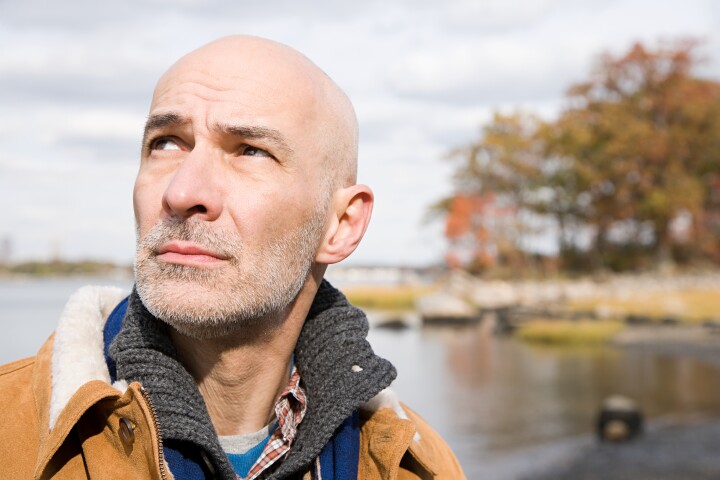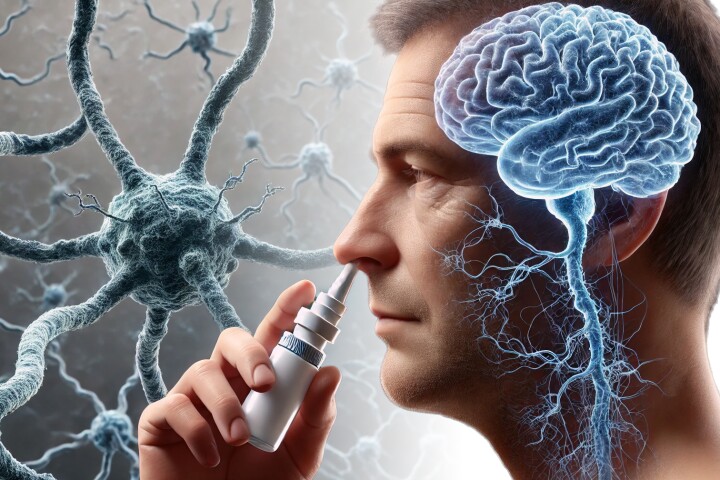The latest SpaceX Dragon cargo mission to the International Space Station (ISS) included an experiment that could help to combat the ravages of time here on Earth. The European experiment will test how ceramic nanoparticles interact with cells to act as an anti-aging supplement that not only holds promise for alleviating the effects of growing old, but also for combatting chronic illness and space-related stresses for astronauts on prolonged space missions.
The aging process is bafflingly complex, but free radicals play a major role. These are toxic molecules produced as a byproduct of oxygen metabolism that can cause significant damage to cells and tissues in the body through "oxidative stress." The body combats this stress using antioxidants, which are vitamins and minerals that help prevent or slow cell damage.
Examples of antioxidants include vitamin A, vitamin C, vitamin E, beta-carotene, lycopene, lutein, selenium, and manganese, but in hopes of developing a supplement to more effectively combat muscle loss, heart failure, diabetes or Parkinson's disease, the Nano Antioxidants experiment is looking for novel ways to stimulate cells by taking things down to the genetic level.
The focus of this effort is nanoscale ceramic particles called nanoceria, which act like enzymes inside of living cells. According to the researchers, these nanoparticles can act as an antioxidant without repeated doses for up to several weeks – longer than conventional supplements.

A previous experiment to the ISS in September 2017 showed that these particles remain stable and protect muscle cells, while other research focused on their ability to extend the lifespan of flies and human neurons. The new research is a longer-term study that will see them spend six days inside a mini lab, which will double their length of exposure to cosmic radiation and microgravity.
The nanoceria and their host cells are housed inside ESA's Columbus module in a self-contained unit called the Kubik incubator, which maintains a constant temperature of 30° C (86° F). The objective is to see how the samples respond to microgravity and cosmic radiation. Meanwhile, half of the cell samples in the incubator are inside a compact centrifuge that keeps them under artificial gravity equal to that on Earth.
At the end of the experiment, both will be cooled to –80° C (–112° F) to preserve them for later analysis back on Earth. This will include comparing the space-traveling samples to ones grown on Earth under controlled conditions that don't include microgravity or cosmic rays.
According to ESA, the new research will help in develop new supplements that will help astronauts to better combat the effects of long-term deep-space or low-Earth orbit missions. In addition, it could be used to help the elderly here on Earth, as well as those suffering from muscle atrophy, heart disease, diabetes, and Parkinson's disease. ESA adds that the research could also lead to skin treatments that give complexions a youthful glow.
Source: ESA








